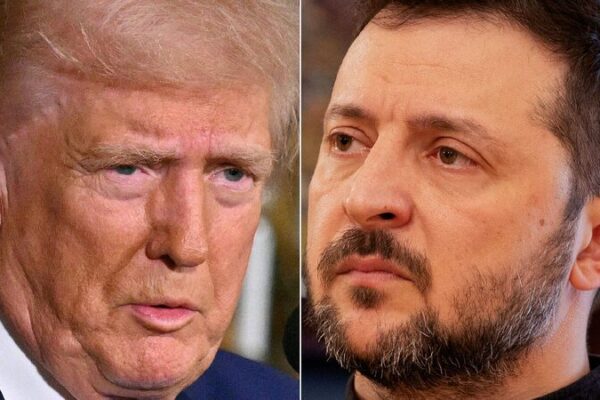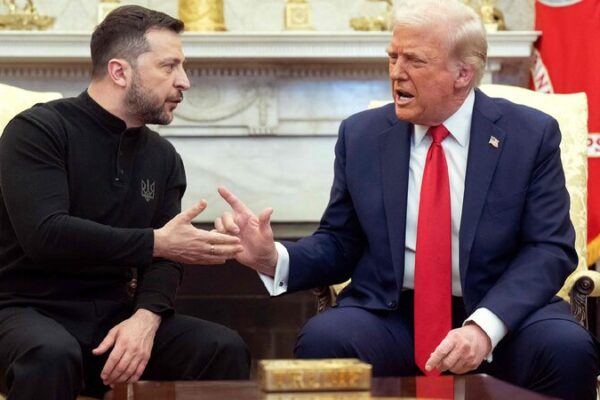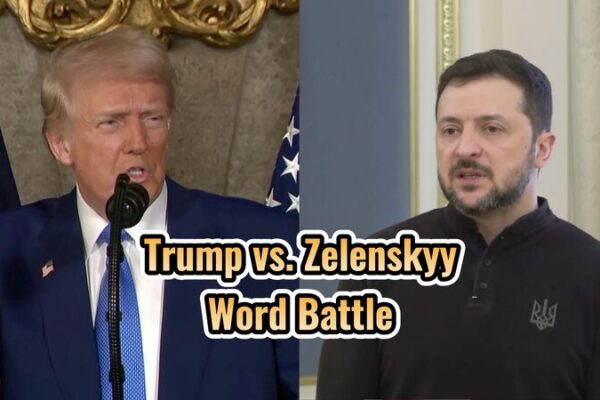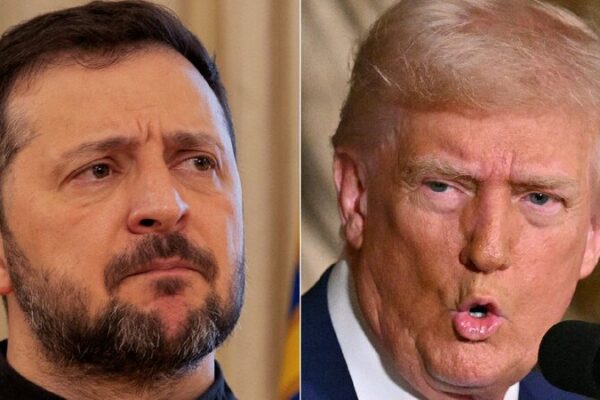Ukrainian President Volodymyr Zelenskyy has expressed his readiness to sign a minerals deal with the United States, but significant challenges stand in the way of an agreement that could aid in ending the conflict in Ukraine.
After a landmark summit in London, Zelenskyy told UK media, “The agreement that’s on the table will be signed if the parties are ready.” The deal was intended to pave the way for joint exploitation of Ukraine’s vast mineral resources as part of a U.S.-brokered peace initiative.
However, tensions rose during a meeting in the Oval Office when former U.S. President Donald Trump reportedly berated Zelenskyy, urging him to be more “thankful” for U.S. support. Trump asserted that without U.S. assistance, Ukraine would have been conquered by Russia. The heated exchange led to Zelenskyy leaving without signing the agreement or holding a planned joint press conference.
Challenges Ahead for the Minerals Deal
Experts highlight multiple hurdles in finalizing the minerals agreement. Zhao Huirong, a research fellow at the Institute of Russian, Eastern European, and Central Asian Studies of the Chinese Academy of Social Sciences, remarked that Ukraine’s aspiration for NATO membership as an ultimate security guarantee has been tempered by U.S. strategies.
“Given the U.S. strategy of maximum pressure, Ukraine has been forced to lower its expectations,” Zhao explained. Instead of NATO membership, Kyiv is now seeking security assurances in the form of military aid, including training, weapon supplies, and even domestic arms production.
Additionally, Europe has shown interest in mineral cooperation with Ukraine, creating a competitive dynamic between Europe and the U.S. Zhao pointed out uncertainties regarding Ukraine’s actual mineral reserves and the complexities of extraction, further complicating the negotiations.
International Support and Future Prospects
Ukraine’s allies rallied around Zelenskyy at the London summit hosted by UK Prime Minister Keir Starmer. European leaders pledged increased security spending and discussed forming a coalition to support any potential truce.
Zhao analyzed that Ukraine would strengthen engagement with European countries before resuming talks with the U.S. “Given its weak battlefield position, Ukraine will continue seeking U.S. support to avoid greater losses in future negotiations,” she said.
There is a possibility that Russia and Ukraine could reach a truce within the next six months to a year, amidst ongoing pressures and efforts to push for a ceasefire. French President Emmanuel Macron stated in a newspaper interview that France and Britain are proposing a partial one-month truce with Russia.
Despite international efforts, Zelenskyy reiterated during Sunday’s meeting that Ukraine would not concede any territory to Russia as part of a peace deal. Zhao commented, “Such a ceasefire is unlikely to lead to a permanent peace agreement, as territorial disputes will remain unresolved, with both sides likely presenting their own interpretations of the territorial status quo.”
Reference(s):
Zelenskyy ready to sign minerals deal with U.S., but challenges remain
cgtn.com








